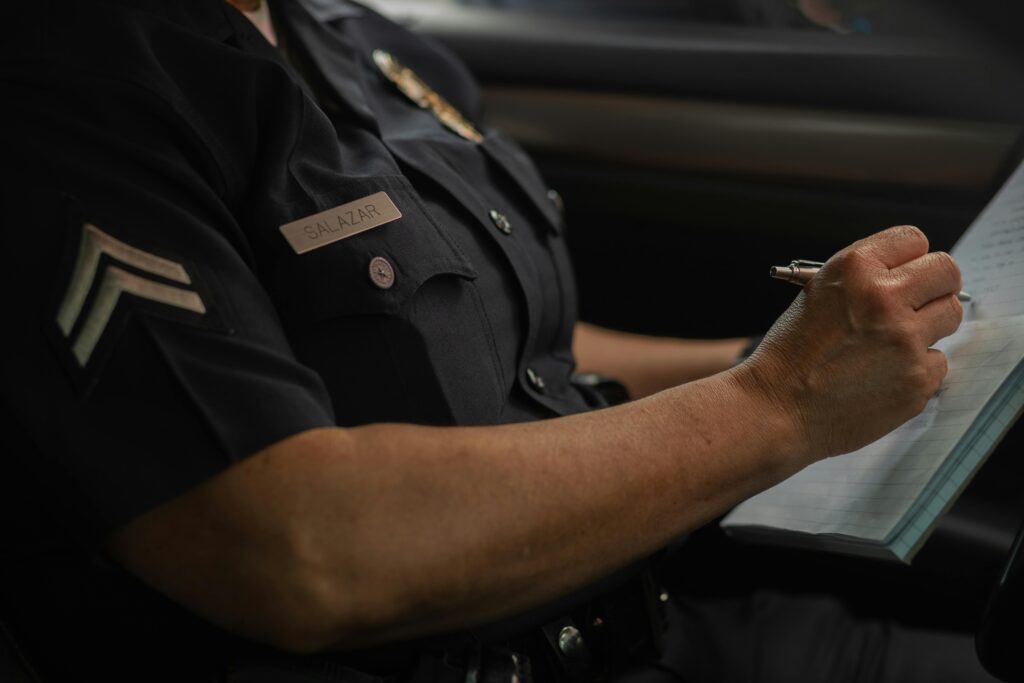Now Reading: When it’s Wise to Stay Silent: 4 Things You Must Never Say After a Car Accident
-
01
When it’s Wise to Stay Silent: 4 Things You Must Never Say After a Car Accident
When it’s Wise to Stay Silent: 4 Things You Must Never Say After a Car Accident
Let’s face it, nobody ever EXPECTS to get into an accident. The very act of being in an accident is a sudden, unexpected event. When it happens, you may be left dazed and confused, perhaps even injured or in pain. Combine that with possible disorientation from a head hit and the overall stress and panic of trying to deal with an accident the right way after being involved in one.
The issue here is that what you say and do immediately after the accident can have a big effect on the outcome of any court hearings or insurance settlements. Saying the wrong thing could see blame for the accident placed squarely on you, and can limit any compensation you get. Despite being shaken and emotional, this is a time when you need to be very careful about what you say and the steps you take after the accident. Here are 4 things you should NEVER say after the accident.
- “I’m Sorry…”
This is the first, and biggest mistake, that many people make. Never apologise for anything at the scene of the accident. Even small things like apologising for the inconvenience to a police officer is a no go. Any bystander or witness could overhear part of what you say, and interpret it as an admission of guilt. Likewise, there are times when an insurance company will try to twist any apology into an admission of guilt. Avoid this situation entirely by just not apologising. It’s always best to make sure you have a good, qualified car accident lawyer before making ANY statements if possible.
- “This is my Official Statement”
Don’t ever say these words at the accident scene, even if you are being asked to make an official statement. At this point you only need to cover the facts on what actually happened. The official statement is often used throughout the rest of the settlement process, and doesn’t have to be made at the scene. Official statements should be made with the assistance of an attorney.
- “I’m Not Hurt/Only Hurt in x Way”
Never try to diagnose your own damages/injuries at the scene. The insurance company will want to pay the smallest amount possible, so they could use this statement as a way to minimize damages. There’s always the possibility injuries will only show up in the coming hours or days, likewise there may be injuries you haven’t noticed, or further complications which hadn’t been considered. There’s even a chance of developing disorders like PTSD after an accident, which wouldn’t be immediately obvious or noticeable.
- “I Think…”
Please stick to the facts in any statements after an accident. There are professionals who will come out to assess fault, so there’s no need for you to guess at it. Your thoughts/opinions could be taken as false information or an admission of something. Sticking to the facts keeps things clear and allows the investigators to check factors that you might have overlooked. How do you know there wasn’t fault with the other car for example? Or that some kind of substance hadn’t been previously spilled on the road itself?






